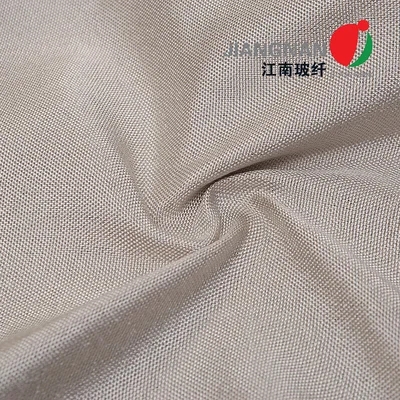In the realm of construction and woodworking, the issue of rotting wood has plagued builders and homeowners for centuries. However, nature has bestowed us with a few exceptional types of wood that possess remarkable resistance to decay. In this blog post, we will delve into the world of wood that does not rot, exploring its unique properties, applications, and the reasons behind its exceptional durability.
- The Mighty Accoya Wood:
One of the most renowned types of wood that defies rot is Accoya wood. This revolutionary material is created through a process called acetylation, which alters the wood's cellular structure. Accoya wood exhibits exceptional resistance to moisture, insects, and fungi, making it an ideal choice for outdoor applications such as decking, cladding, and window frames. Its longevity surpasses that of traditional wood, reducing maintenance costs and environmental impact. - The Timeless Teak:
Teak wood, native to Southeast Asia, has long been celebrated for its natural resistance to decay. Its high oil content and dense grain structure make it impervious to moisture and insect attacks. Teak is commonly used in boat building, outdoor furniture, and flooring due to its durability and stunning aesthetics. Despite its premium price, the longevity and low maintenance requirements of teak make it a wise investment. - The Resilient Redwood:
Redwood, primarily found in the western regions of the United States, is another wood species renowned for its resistance to rot. It owes its durability to the presence of natural chemicals, such as tannins and resins, which act as a defense mechanism against decay-causing organisms. Redwood is often used in outdoor construction, including decks, fences, and siding. Its natural beauty, combined with its exceptional durability, makes it a popular choice among homeowners and builders alike. - The Immortal Ironwood:
Ironwood, also known as Ipe wood, hails from the tropical regions of Central and South America. This dense and heavy wood possesses extraordinary resistance to rot, decay, and insect attacks. Ironwood's remarkable durability can be attributed to its high density, natural oils, and interlocking grain structure. It finds extensive use in outdoor applications, such as decking, boardwalks, and outdoor furniture, where its longevity and strength are highly valued.
Conclusion:
Wood that does not rot is a testament to nature's ingenuity and the wonders of scientific advancements. Accoya wood, teak, redwood, and ironwood stand out as prime examples of these exceptional materials. Their resistance to decay, combined with their aesthetic appeal, make them indispensable in various industries. By harnessing the power of these remarkable woods, we can create long-lasting, sustainable, and visually stunning structures that withstand the test of time.




